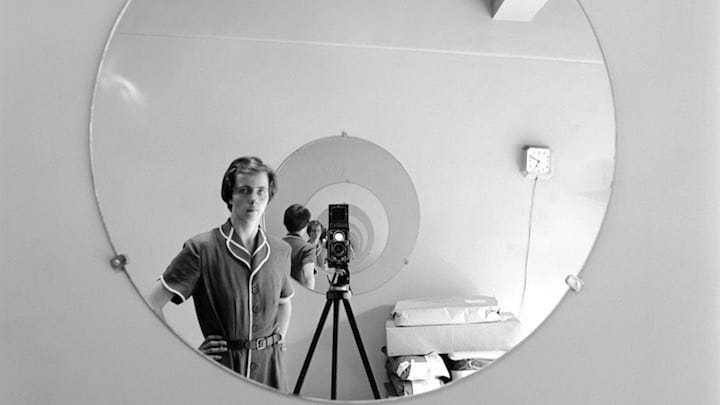‘Finding Vivian Maier’ Review
Written by Dan Schindel
Human existence is subjective to the point where quantum physics seems like the only adequate comparison. A phenomenon can be changed just by observing it, which means that we can only guess how it might naturally occur. Each and every person has their own view of the world, one built on just what they have experienced. But just one piece of information…


